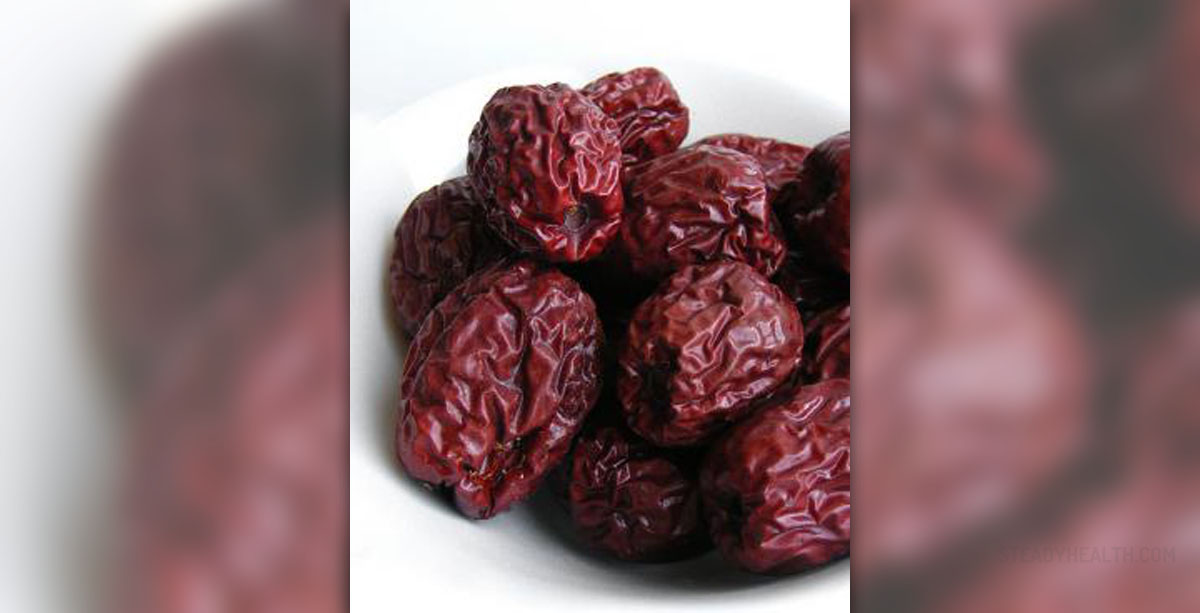
Jujube originates from China but it can be also found in Pakistan, Iran, Lebanon, Korean peninsula, and Northern India. It is a small deciduous tree or bush, usually with thorny branches and the shiny green leaves. This is a domestic plant in India. It requires hot summers and adequate amounts of water for satisfactory fruiting. Not like most of the other species of this kind, it stands fairly cold winters. This allows the jujube to grow in desert habitats, if there is access to underground water throughout the summer. Almost no temperature seems to be too high in summertime.
Culinary use of Jujube Fruit
The freshly picked as well as the sugar coated dried jujubes are often consumed as a snack, or with tea. They exist in both red and black, and usually they are being smoked to enrich their flavor. In Korea and China, sweetened tea syrup containing jujube fruits is offered in glass jars. Canned jujube tea or jujube tea in tea bags is also available. In West Bengal and Bangladesh, you can also find jujube juice and jujube vinegar. In Vietnam, the jujube fruit is consumed freshly handpicked from the tree as a snack. It is also dried and used in sweets and cold beverages. A jujube honey is made in the middle Atlas Mountains of Morocco.
Medicinal use
In Chinese and Korean traditional medicine, it is perceived that jujube fruits have many different benefits for human health. For example, this fruit can be used to reduce stress and as a sedative. It can be also used as antifungal, anti ulcer, anti-inflammatory and antispastic cure. It also has great wound healing properties. In addition, this fruit has antioxidant properties, and it can be used to stimulate the immune system.
Other uses
It is believed that jujube fruit's sweet smell can make teenagers fall in love. In the traditional Chinese wedding, the jujube was frequently placed in the wedding couple’s bedroom as a lucky charm for fertility. Because of its fresh smell, jujube leaves are used as a potpourri in the Bhutan. They also keep bugs and other insects out of the house. The wood of jujube is used to make the body of Korean traditional instrument taepyeongso and the Go bowls.







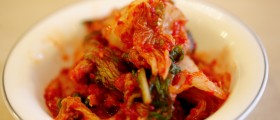

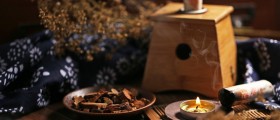

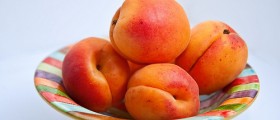




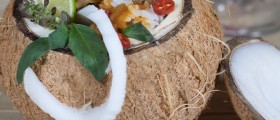
Your thoughts on this
Loading...